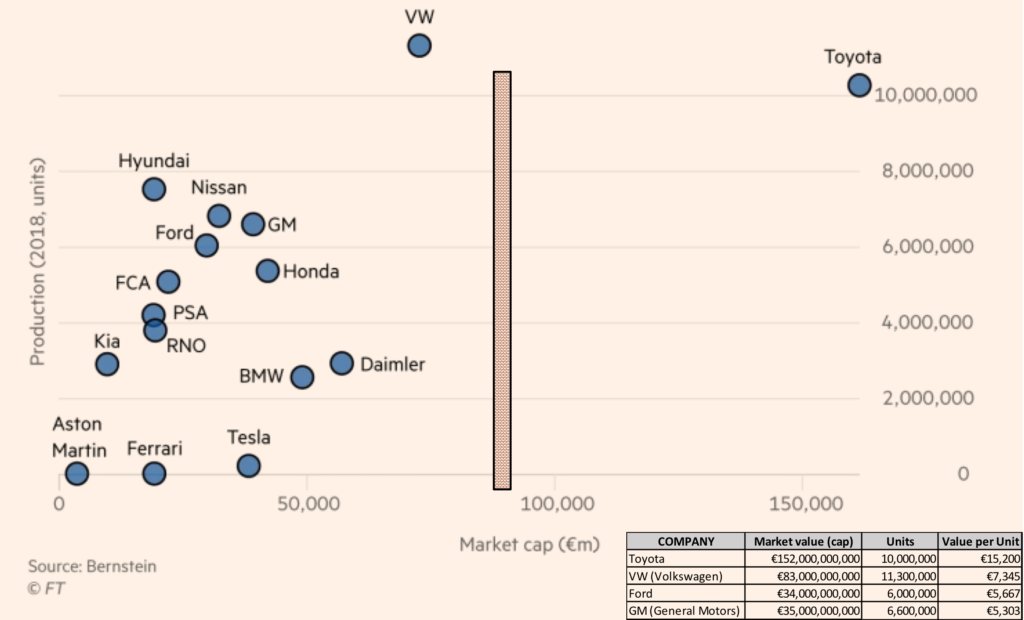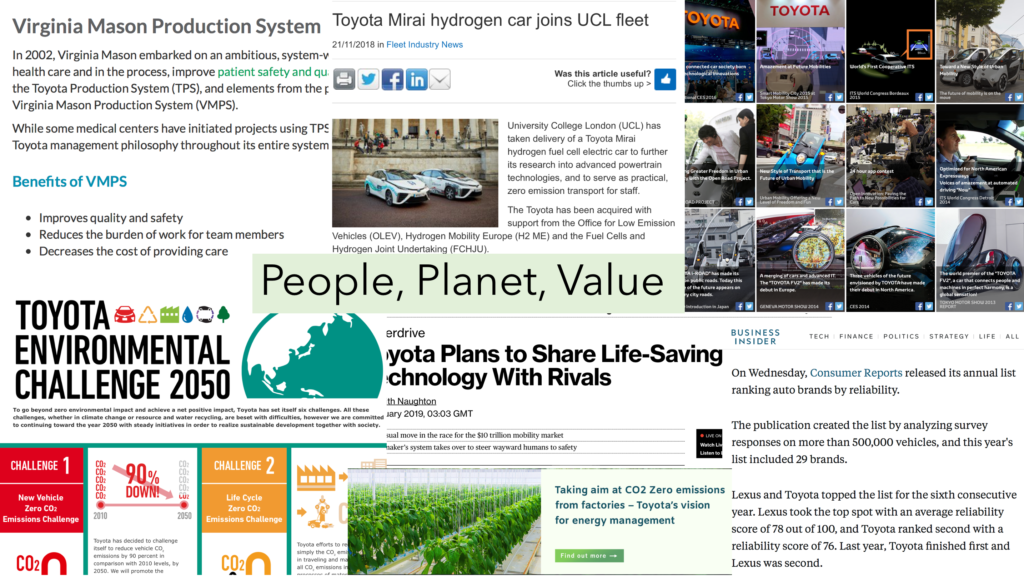
It was during the 19th Century that the practice of human health became a modern, professional endeavour. For example, in 1858, the General Medical Council was established in the UK to set standards of practice and oversee professional, medical clinicians. Human health was no longer to be a domain inhabited by snake oil salesmen and quacks. Modern day, evidence based, medical practice and regulation, pursuing the very best outcomes for humanity’s health, was born.
In 2012, together with a group of like-minded professionals, I helped to found the Maturity Institute (MI), the first body set up specifically to diagnose and set standards of ‘organisational health’. Our rationale was that most organisations fail to understand the health of their own whole systems and often deal with problems and opportunities by using inappropriate methods and practices. We can now diagnose, measure and improve an organisation’s ability to create value for all its societal stakeholders – generating commercial and social benefit, without trade-offs. Today, our very first professional clinicians are being trained for organisational health practice in investment, corporate and academic environments.
What is a healthy organisation?
Our work at the Maturity Institute over the last seven years shows how organisations are whole, human systems that connect to myriad people – workers, suppliers, customers, investors, regulators and citizens. We show how these relationships comprise a whole, human value, system. Our work also demonstrates that those firms who understand and are able manage this ‘system’, outperform others, and make the best possible contribution to society. Putting humanity at the heart of an organisation is fundamental to sustainable success: financially, societally and environmentally.
In the light of serious concern at the nature of our prevailing business paradigm, where value is predominantly managed according to narrowly framed financial measures, and where damaging human and environmental outcomes have arisen at an alarming rate, our work puts forward an alternative vision. One where all organisations can, and should, put society first, and measure and report their success against their true contribution in “Total Stakeholder Value” (TSV) terms. This is our ultimate measure of organisational health, where a TSV system creates a virtuous cycle of mutually inclusive value.
The challenge of organisational and whole system health
Moving from a ‘shareholder’ to a ‘stakeholder’ socio-economic system requires all relevant players to understand what this system entails and to engage in the pursuit of a common purpose. Our work is designed to act as a practical guide, to set out a way forward for boards, c-suites, managers, investors, regulators, and business schools to pursue a goal focused on creating healthy organisations through TSV. It is not based on a theoretical perspective but on existing, exemplar, ‘mature’ organisations.

At MI, we teach the invisible factors that have enabled organizations like Toyota to lead the world in a direction that is in everyone’s interests. For here is a car company that alongside financial outperformance, has shared its secrets with thousands of other firms, shares its IP such as life-saving technology, has been planning for a fossil fuel free future for decades, and consistently delivers the best quality products ahead of its peers.

We must all play our part in encouraging, demanding, designing, building and facilitating the process of necessary change – to help create many more mature exemplar firms who can lead others. For those wishing to learn more about MI’s work, and the opportunities it makes available to all, our new book provides a comprehensive starting text, on how organisational maturity delivers both financial, human, and environmental benefits. The Mature Corporation – a Model of Responsible Capitalism details our People, Planet, and Value model.
You can read an extract and order a copy, with a 20% discount, via this link https://www.cambridgescholars.com/the-mature-corporation [discount code: Corporation20].
Comments are closed